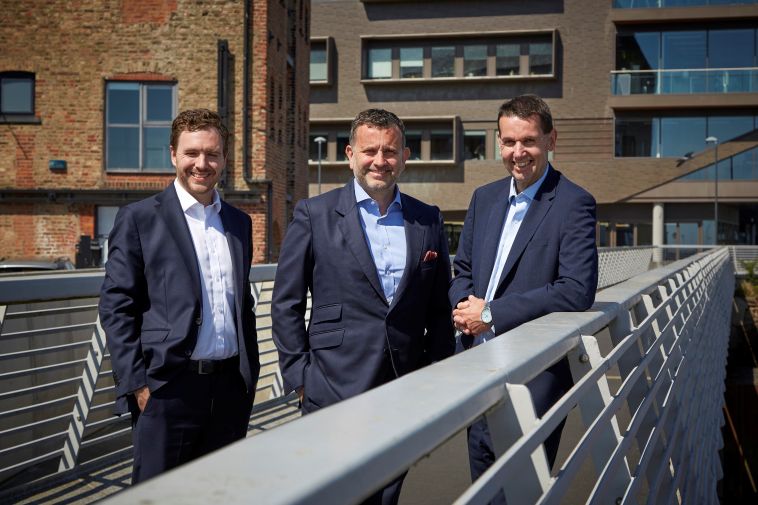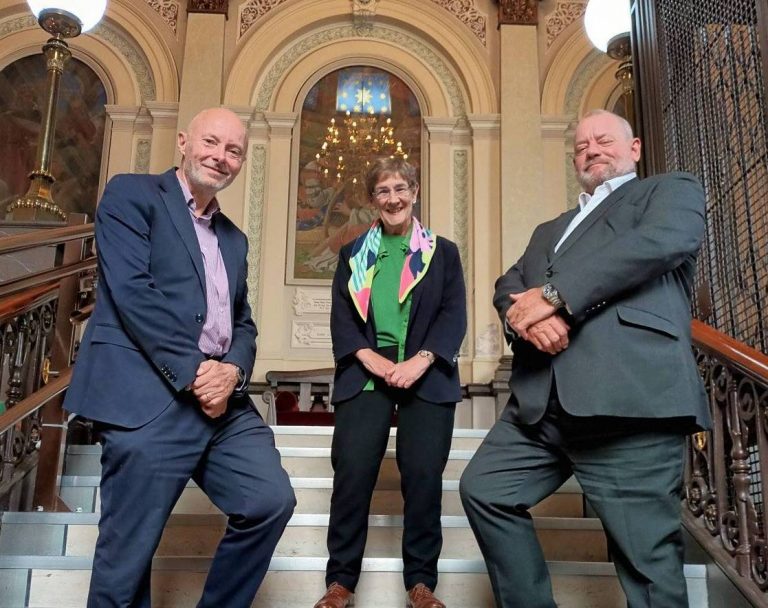The UK Government’s Strategic Defence Review is set to trigger a multibillion-pound wave of investment across the country’s defence sector, with a strong emphasis on industrial capacity, digital modernisation and workforce development.
At the core of the plan is the expansion of the UK’s submarine fleet, with a commitment to build 12 new attack submarines. This is expected to significantly bolster the country’s submarine-building capabilities and sustain 30,000 specialist jobs into the next decade. The move aligns with the government’s broader commitment to its warhead programme, which has already received £15 billion in funding and will see further modernisation at the Atomic Weapons Establishment in Aldermaston.
The review outlines a national shift toward “warfighting readiness,” including expanded stockpiles of arms and critical equipment. Over the next ten years, 30,000 apprenticeships and 14,000 graduate roles will be created to meet long-term workforce demands in engineering, manufacturing and defence technology.
Cyber operations are set to undergo a significant transformation with the establishment of a new Cyber and Electromagnetic Command, designed to position the UK at the forefront of digital warfare. In parallel, over £1 billion will be invested in a new Digital Targeting Web—an initiative intended to enhance battlefield decision-making, intelligence and targeting through AI and integrated systems, informed by recent lessons from Ukraine.
The government also plans to procure up to 7,000 UK-built long-range weapons and construct at least six new munitions and energetics factories to reinforce domestic production capacity. However, locations have not yet been disclosed.
Defence spending continues to play a key role in regional economies. In 2023/24, the Ministry of Defence spent £28.8 billion with UK industry. The South West and South East saw the highest allocations, with £6.9 billion and £7.1 billion respectively. The South West led in per-capita terms, with £1,190 per person and 1,550 defence jobs per 100,000 residents. The region is home to major employers such as Babcock International, which operates from over 60 sites including Devonport and Filton, and Rolls-Royce’s Bristol site, where engines are built for the Eurofighter Typhoon and F-35 aircraft.
The review marks the first time the government has published a complete outline of its long-term defence investment strategy, signalling sustained demand for skilled talent, manufacturing capacity, and digital innovation across the sector.











